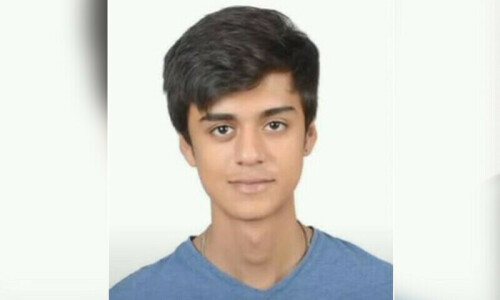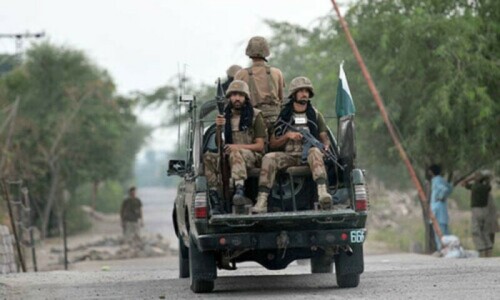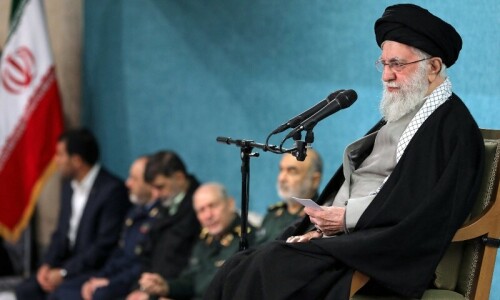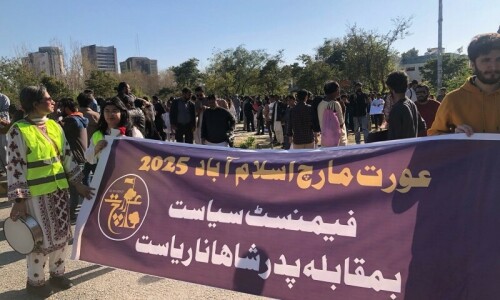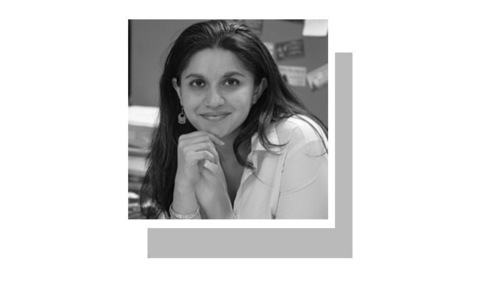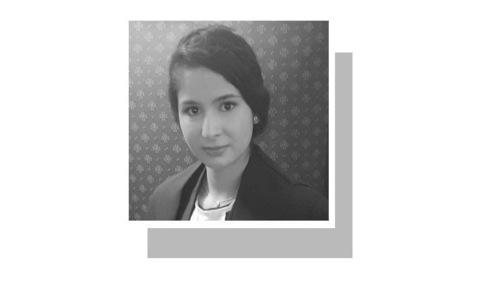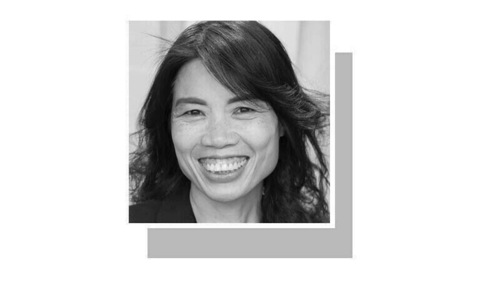KARACHI: The first pre-lunch session of the penultimate day of the 14th International Urdu Conference organised by the Arts Council of Pakistan, Karachi began with a panel discussion on the Urdu short story (afsana). Moderated by Iqbal Khursheed, it was presided over by Aamer Hussein and Zaheda Hina.
Khalid Javed, who spoke online from Delhi, said it is difficult to define modernism (jadeediat). The fact that modern literature is hard to comprehend is an indicator in itself that it’s modern. Modernists give preference to language and technique over meaning. They don’t subscribe to the regular definitions of the plot. It was in the 1960s that modern trends appeared in the Urdu short story with writers such as Anwer Sajjad, Khalida Husain and Surendar Prakash. Even the change that happened in the 1980s didn’t entirely move away from its effect. The modern story relies on language which is like a two-edged sword: it touches upon our interior world and at the same time creates new worlds around us.
Akhlaq Ahmed said the search for the story in the shorter format is still on. In the last 75 years, a lot of experiments were made during the search, most of which had already taken place in other parts of the world. And all this while, the short story kept telling stories of human beings in our society. “I’ve been listening for the last 40 years that quality short stories are not being written. Our short story is no less important than the short stories written by our predecessors.”
‘Excessive use of symbolism made the kahani disappear from the afsana’
Amjad Tufail said Pakistani society came into being in 1947. One big change that took place at the time was a massive migration of people. It resulted in alterations in the cultural and societal set-up of the country because it changed its demographic graph. Communities such as the Anglo-Indians and Parsis began to diminish. Before partition, there were people of 43 different religious persuasions in Lahore alone. The short story writers at the time not only sensed and wrote about what was going on in society (Ashfaq Ahmed’s story Gadariya is an example) but also predicted what was about to come (Ghulam Abbas’s Dhanak).
M Hameed Shahid spoke on the various technical experiments undertaken in the genre of the short story and lauded them.
Khalid Fateh Mohammad said the short story has been an important pillar of Urdu literature. During independence, the genre made its presence felt under the influence of the Progressive Writers Movement. After independence, it drifted away from that movement. Sadat Hasan Manto chose partition as his subject. Subsequently, with some political changes that occurred in society such as the imposition of martial law, writers used symbolism to express themselves. However, excessive use of symbolism made the kahani disappear from the afsana.
Summing up the session, Aamer Hussein said it was 30 years back that he started reading short stories in Urdu. He added while discussing our literature, we shouldn’t always give references to literature produced in the West because our short stories have all the right ingredients — lyricism and content.
Zaheda Hina said the history of the Urdu short story should be traced from 1903 and perhaps even before that. We have produced great names in literature.
Society and Culture
An important post-lunch session was arranged on Pakistan’s cultural and social landscape, moderated by Harris Khalique.
Speaking on the occasion, former federal information minister Javed Jabbar said the heterogeneity of Pakistani society is a sign of its vibrancy. Pakistani culture is a vibrant one. It doesn’t mean that it doesn’t have illness — be it because of religious extremism or economic disparity, or because of civil-military differences. But the problems that we face don’t represent the vast majority of the people. “When our nation takes a political decision, why is it that it does so with such awareness (shaoor)? Not in a single general election we have elected a politico-religious party.”
Architect Arif Hasan said the biggest change that has come about in the country is: that in 1941 the population of Pakistan [the areas that formed Pakistan] was 28 million, 14 per cent of which resided in cities. In 2017, the urban population increased to 36pc, though researchers suggest that it’s more than 50pc. Sindh’s 62pc urban population lives in Karachi, whereas Punjab’s 22pc lives in Lahore. Sindh’s 23pc population speaks Urdu while the mother tongue of only four per cent people in Punjab is Urdu. In Karachi, 72pc houses are of or less than 120 square-yards and only 1.5pc are of or more than 240 sq-yds — those who live on footpaths or sleep under bridges are not mentioned here. And this difference is increasing at a rapid pace.
Dr Noman Naqvi said the nation-state is a problem. We need to talk about reparation on a global scale.
SZABIST president Shahnaz Wazir Ali said society will change if women are given equal rights and equal economic opportunities. Also, the quality of education must be raised.
Dr Tariq Rahman said there is no dearth of resources in the country or talent. We need to exploit it.
Published in Dawn, December 12th, 2021



